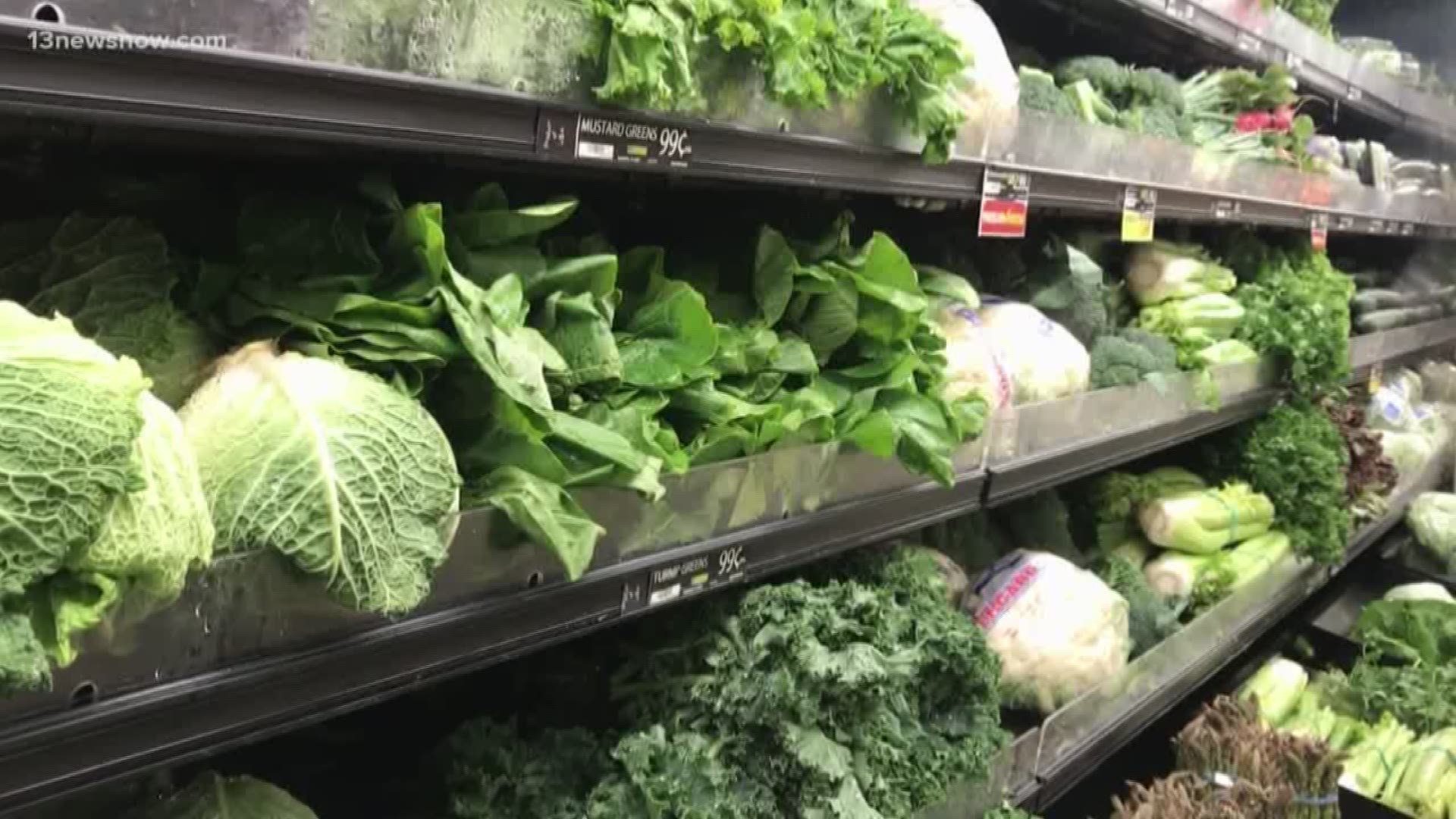NORFOLK, Va. — Food recall alerts are increasing each year, prompted by the potential danger of bacteria such as salmonella and E. coli.
Doctors across Hampton Roads say they're also treating more cases of food sickness each year.
The U.S. Public Interest Research Group reports a 10 percent increase in the number of food recalls between 2013 and 2017.
The Food and Drug Administration said the situation is not unique to the United States. It also is not the result of diminishing food safety measures.
FDA leaders said the increase is part of a plan to improve the detection of a food pathogens and respond more quickly to outbreaks, citing the changes put in place after the 2011 Food Safety Modernization Act.
FDA Commission Scott Gottlieb said food is not 'less safe,' but technology to find out where food-borne illnesses originated has improved.
Dr. Melanie Brown, Infectious Disease Specialist for Sentara Healthcare, said she treated many salmonella cases in Hampton Roads last year and believes the increases in food recalls is also increasing public awareness.
“Knowledge is power," Brown said. "If people know that it’s out there and it’s a problem, they can protect themselves.”
The CDC reports 48 million people get sick, 128,000 people are hospitalized and 3,000 people die from food-borne diseases each year in the United States.
Those numbers suggest well over 99 percent of people with food poisoning tough it out without a hospital visit.
“We just never hear about them," Brown said. "They may have a couple days of diarrhea and then they’re better and that’s that.”
But Brown sees the ones who need medical attention, saying their situations can be dire.
“They know, they’re absolutely miserable," she said. "They can’t get out of the bathroom and they’re having high fevers and complications - they know something is wrong.”
Diarrhea is the top sign of sever food sickness, with fever, vomiting and chills other possible symptoms, Brown said. She added some people initially believe they have the flu, when they're actually battling salmonella or e. coli.
Doctors like Brown said technology has improved the speed of detection and treatment, helping trace bacteria to the source. This has also helped boost the number of food recalls.
“I do think people are starting to become more aware that this is a serious problem and they need to be paying attention," Brown said.
Since 2013, poultry, beef and pork products have been recalled more frequently than any other type of food. Brown said to see a doctor if your symptoms of food sickness persist or worsen over the course of three days.

